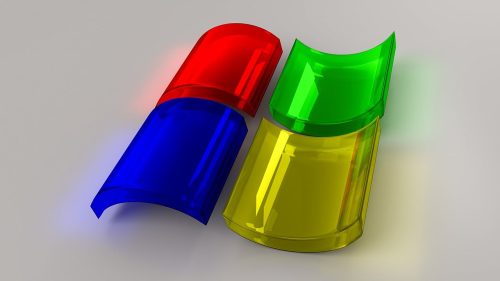Climate change and justice are becoming drivers for corporations to make major changes in their power consumption. In 2023, corporations bought about 36.7 gigawatts of renewable energy, an increase of 18% over 2021 and a new record, according to BloombergNEF (New Energy Finance). With the ever-growing demand for clean energy, the procurement practices and models for this process are in need of updating and revamping. Partnerships between Microsoft and turnkey solar supplier Qcells, as well as Salesforce’s strategy of investing in clean energy in emerging markets, could pave the way for such necessary advancements.
Silicon Valley’s CRM giant Salesforce has entered an agreement to buy 280,000 megawatt-hours of clean power from small projects in Brazil, Southeast Asia, Sub-Saharan Africa, and beyond. Through something called distributed renewable energy certificates (D-RECs), organizations can support such projects with new sources of capital.
On the other hand, Microsoft’s partnership with Qcells will help the company support new projects in the United States, with plans to buy at least 2.5 gigawatt-hours worth of solar panels. Qcell’s parent company, the South Korean Hanwha Group, also plans to invest $2.5 billion in building manufacturing facilities in rural Georgia. Meanwhile, the Seattle-based big tech corporation has pledged to match its power consumption with zero-carbon energy purchases — one way to offset its output with external investments.
























